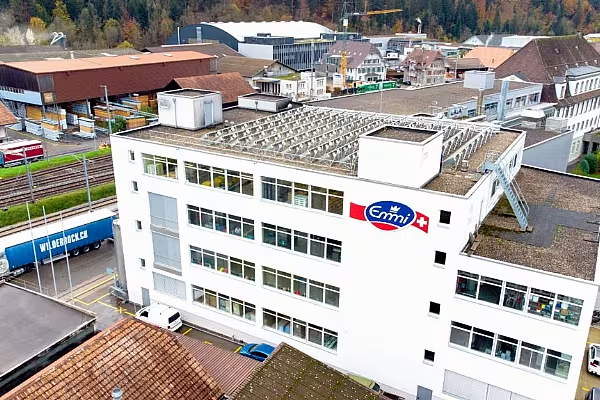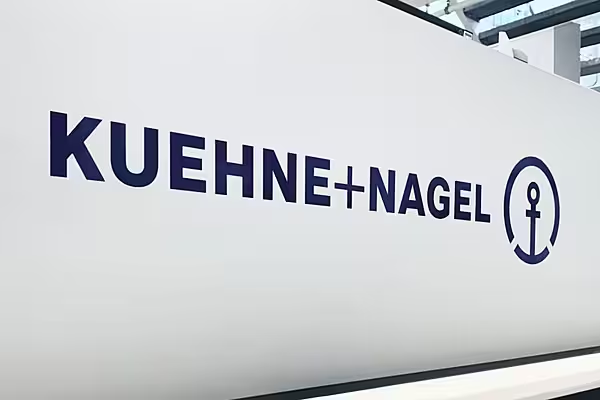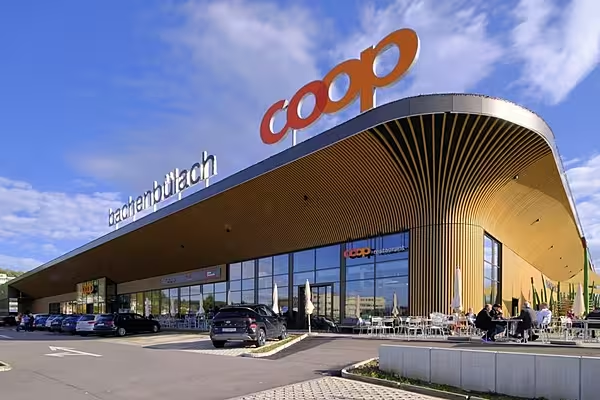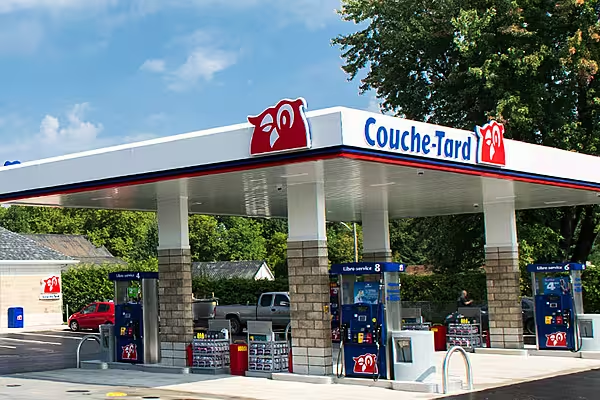Swiss dairy manufacturer Emmi has commissioned the installation of a solar thermal system in partnership with Geneva-based manufacturer TVP Solar, at its Langnau production facility.
The system will be equipped with 109 solar thermal collectors distributed over 214 square metres of roof, which will convert sunlight into CO2-free heat, Emmi said in a statement.
The plant will produce some of the high-temperature water necessary for the production of fondue, raclette and cheese spreads.
Energy Supply
“The new solar thermal system reduces our dependence on fossil fuels, secures a portion of our energy supply and stabilises our energy costs. In this way, we can prevent bottlenecks in our energy supply and also contribute to climate protection,” said Gerold Schatt, Emmi’s head of group sustainability.
Elsewhere, Piero Abbate, TVP Solar’s CEO, added, “This pioneering project highlights the potential of solar thermal energy for industrial use in Switzerland and positions Emmi as a pioneer in emissions reduction. We are committed to helping local operators reduce their emissions and diversify their energy supply."
The project was supported by the Swiss federal Office of Energy (SFOE), the Swiss Climate Foundation, and the Institute for Solar technology (SPF).
Planair SA, an engineering firm specialised in the transition to alternative energy sources and decarbonisation, also participated in the project.
“Planair established the technical link between the TVP solar plant and Emmi’s existing facilities, allowing for seamless integration into the existing production processes and requirements at Emmi Langnau AG,” commented François Bauer, Planair’s CEO.
Less Dependence On Fossil Fuels
Emmi wants to achieve carbon neutrality, along with the reduction of greenhouse gas emissions by 60%, by 2027, as part of its netZERO 2050 plan.
The group also uses district heating, photovoltaic plants and biomass at other facilities, as it aims to diversify its energy supply and reduce CO2 emissions.
© 2022 European Supermarket Magazine – your source for the latest retail news. Article by Amanda Merchán. Click subscribe to sign up to ESM: European Supermarket Magazine.











